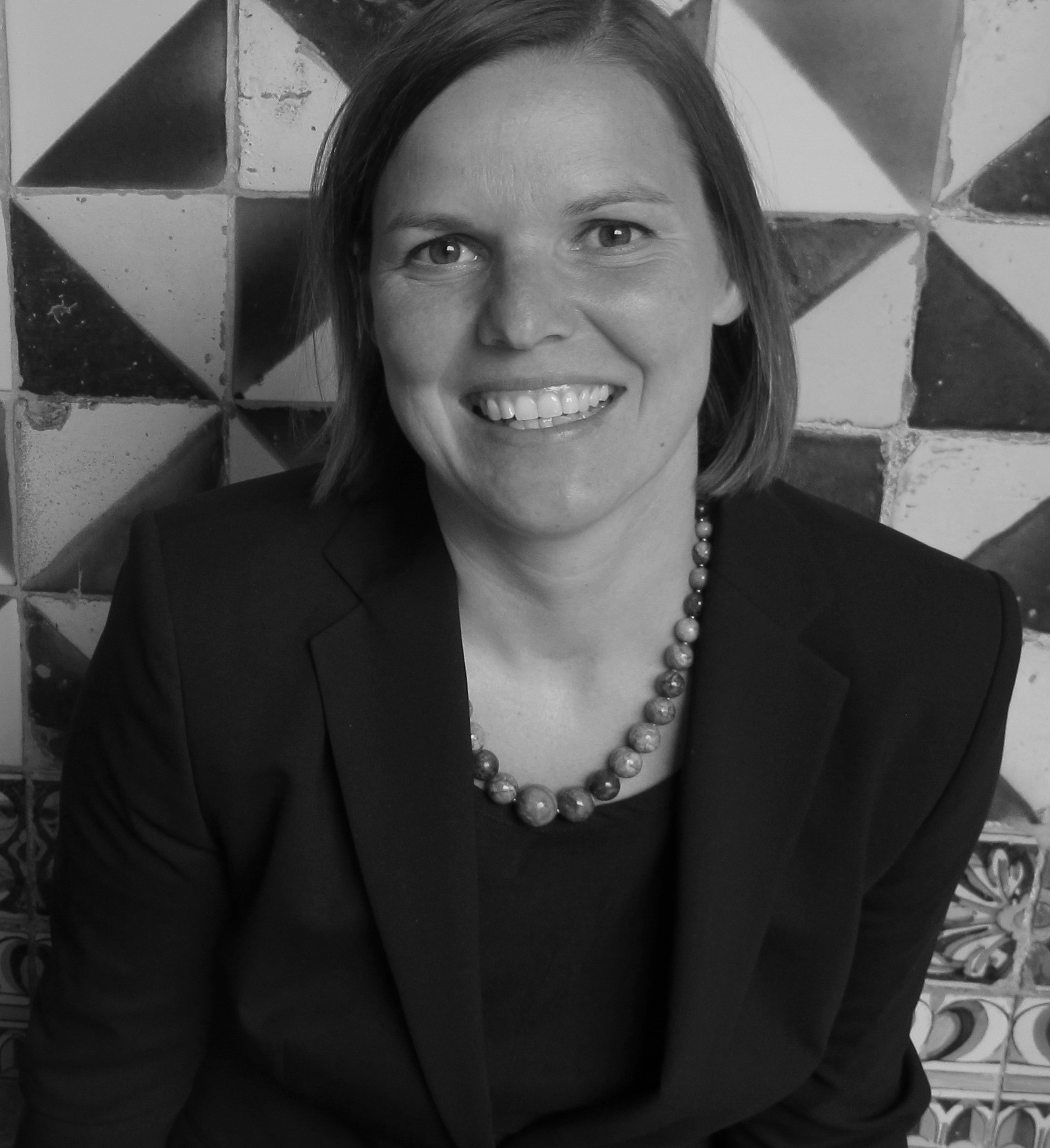




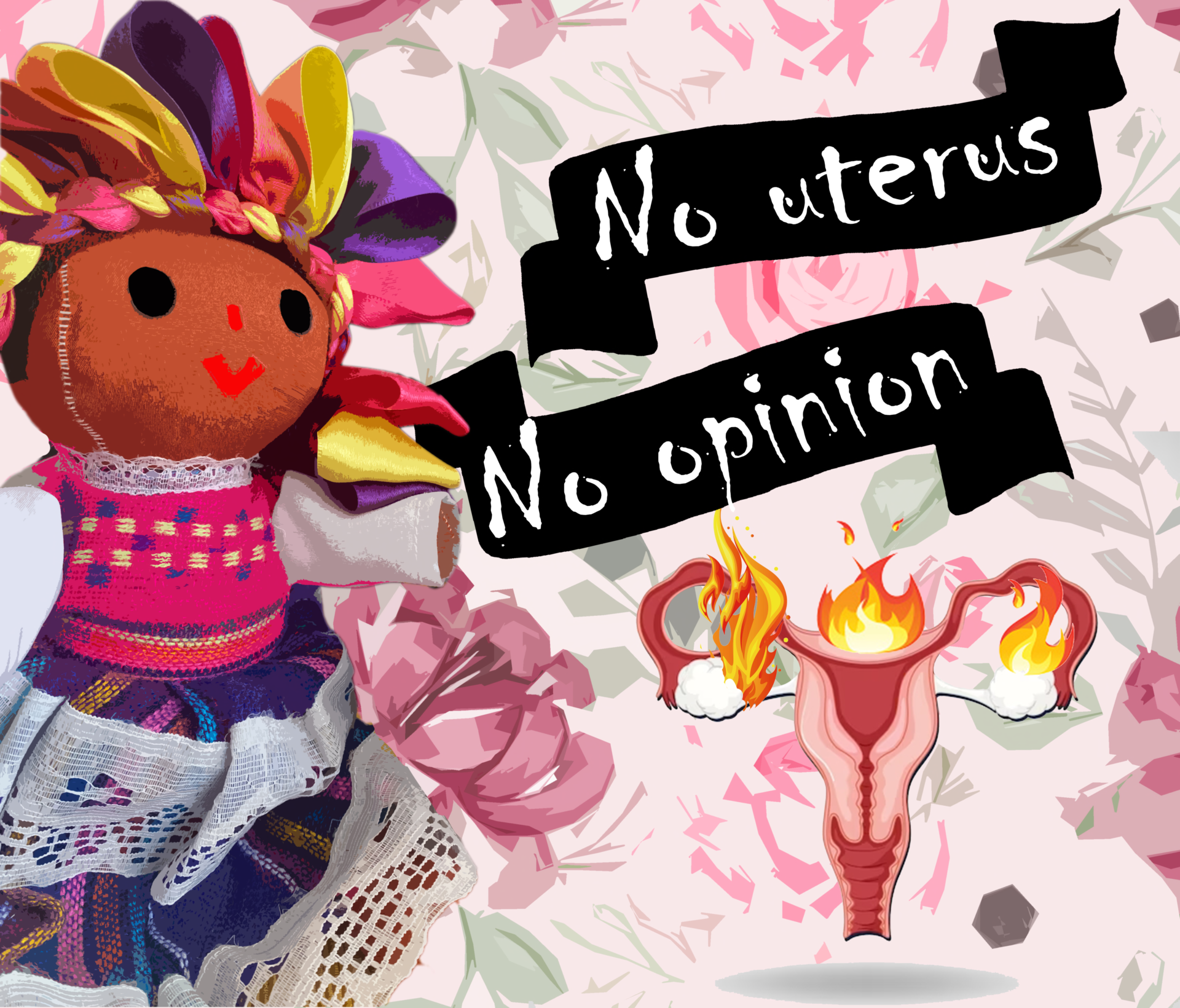
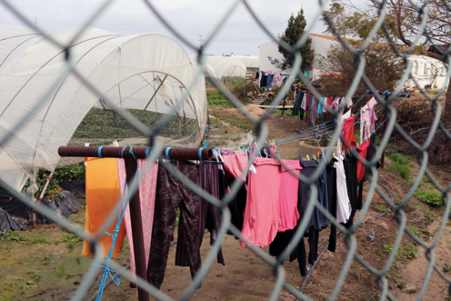
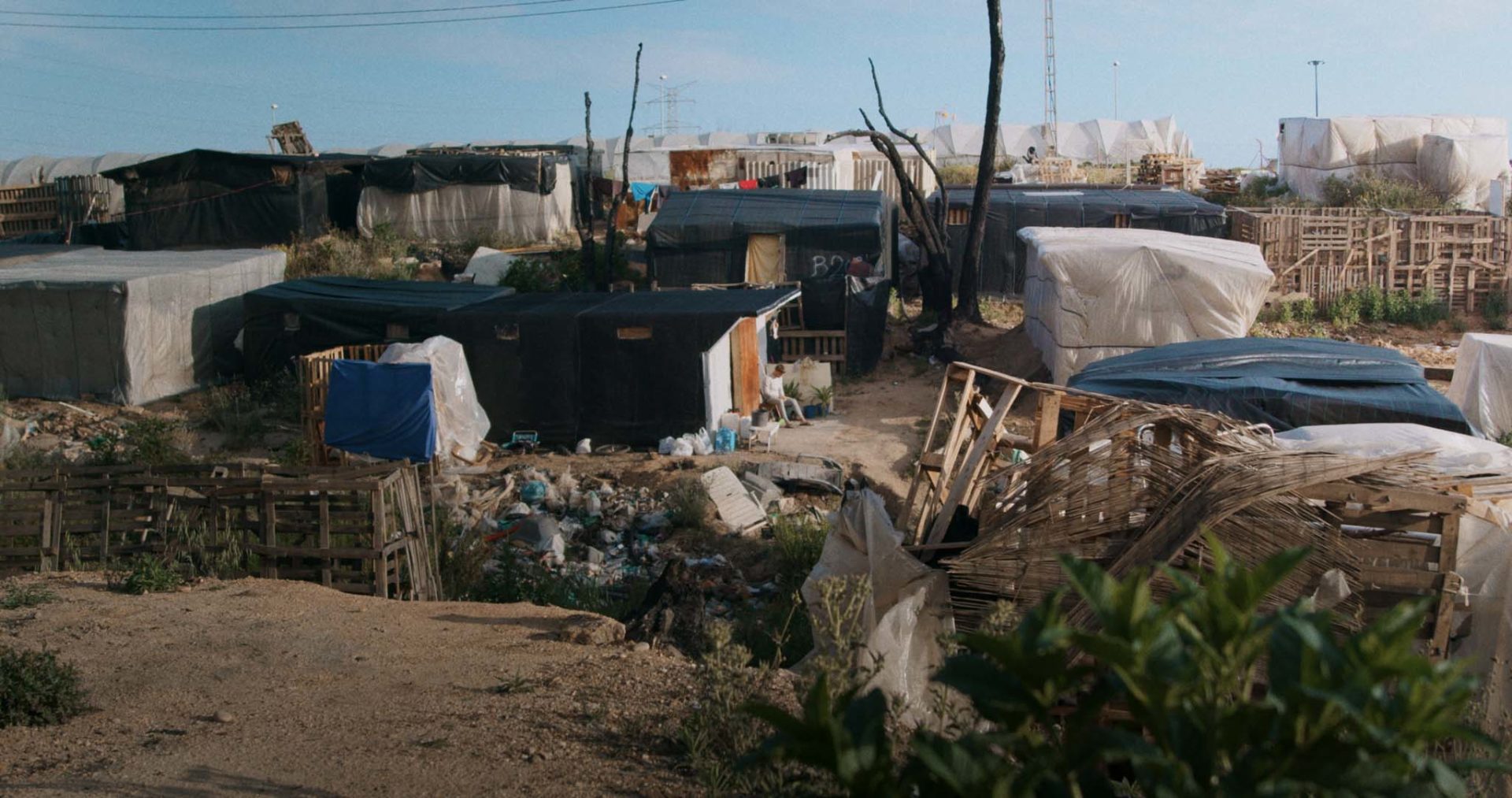
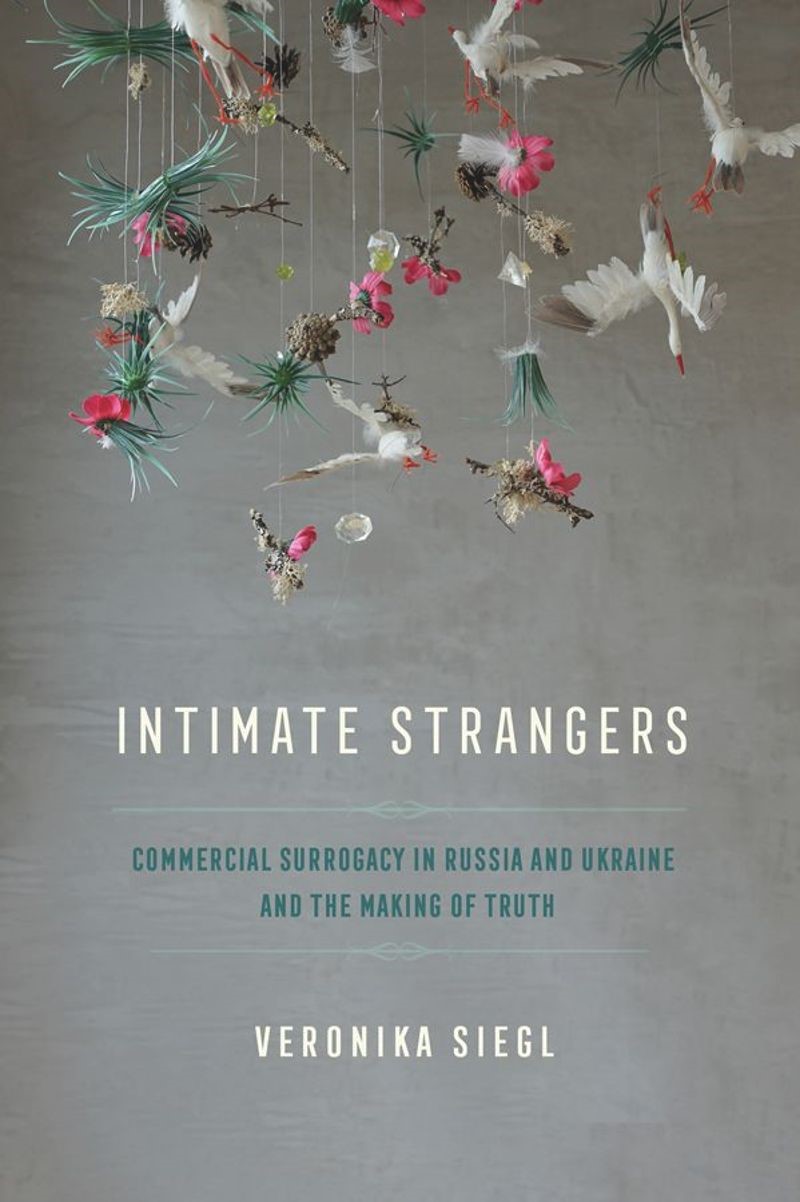




























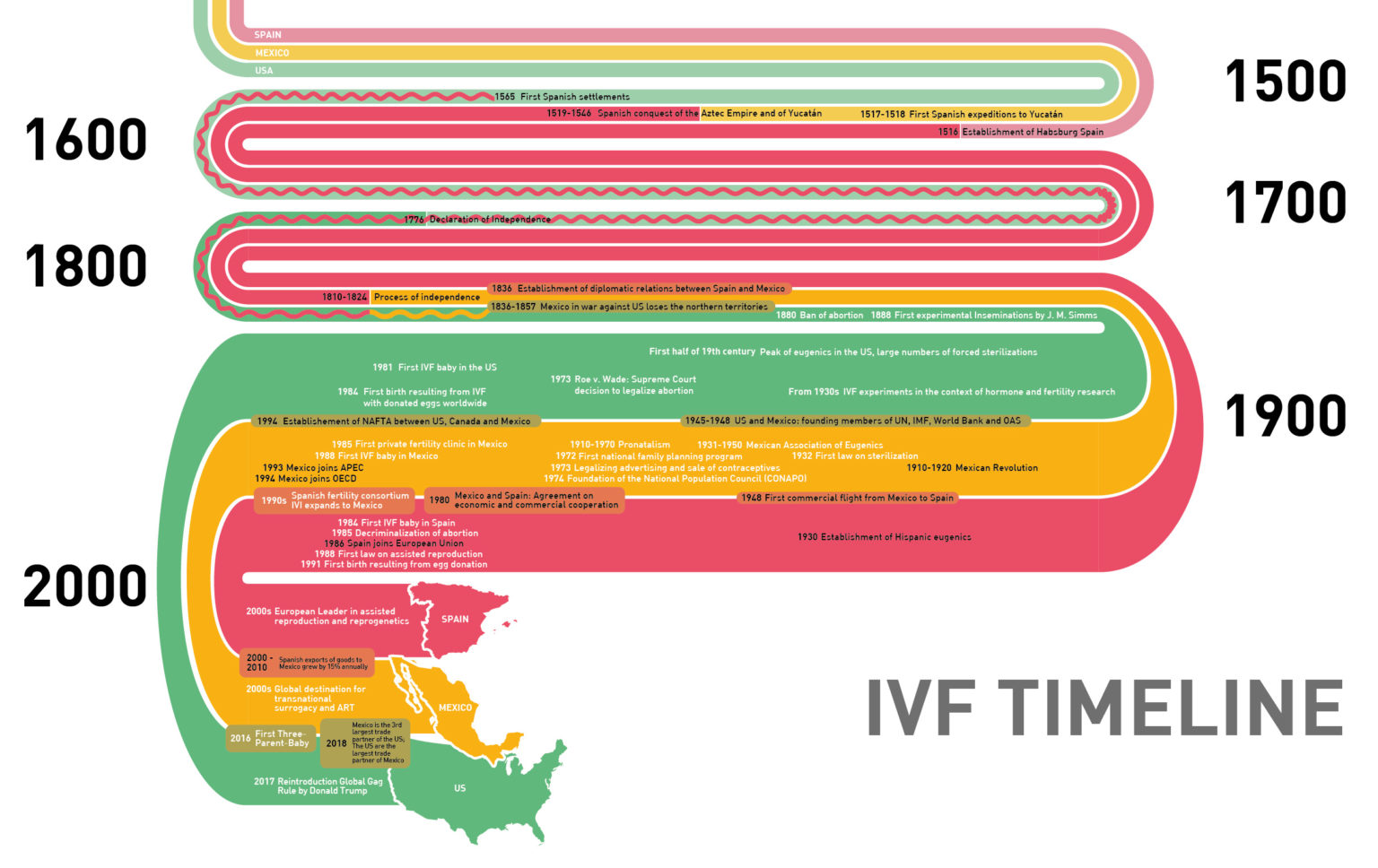












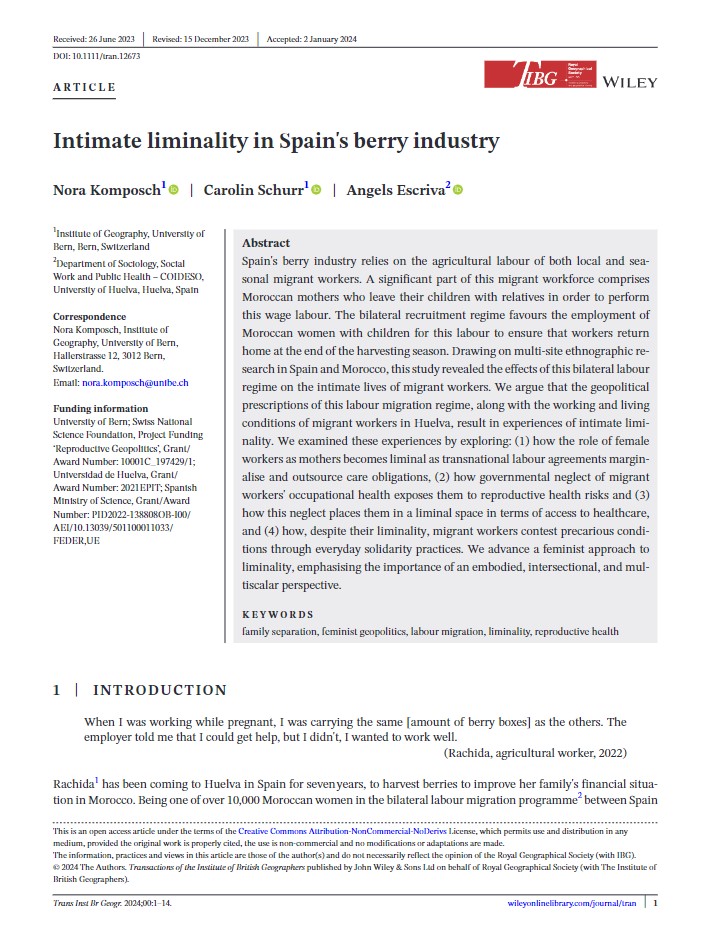


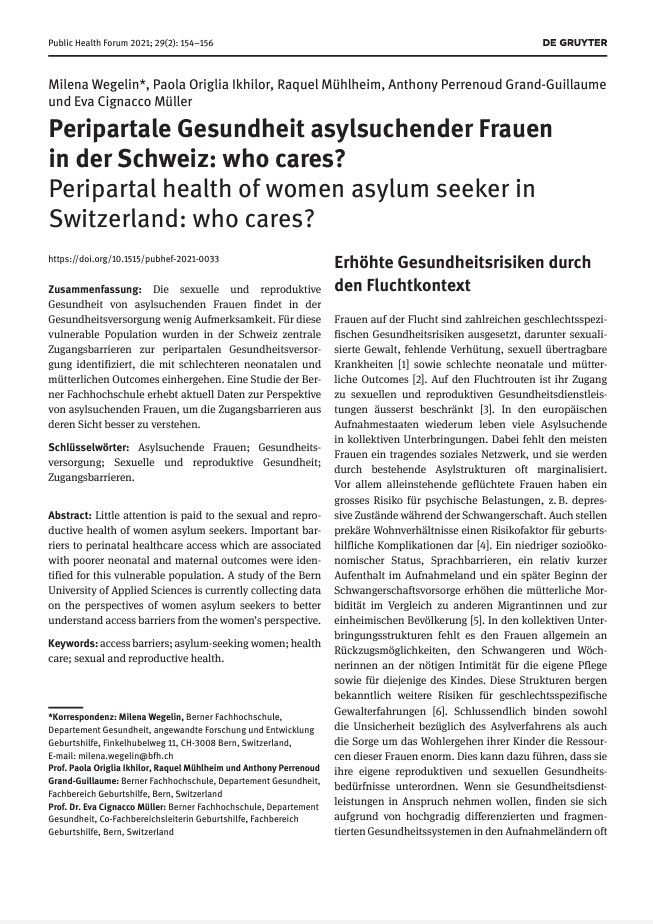
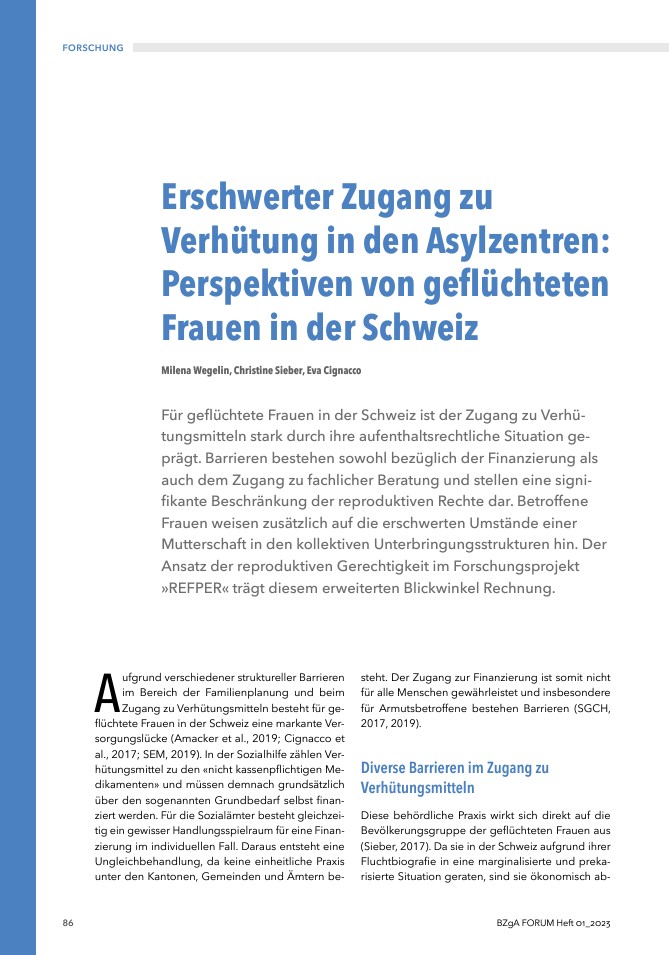
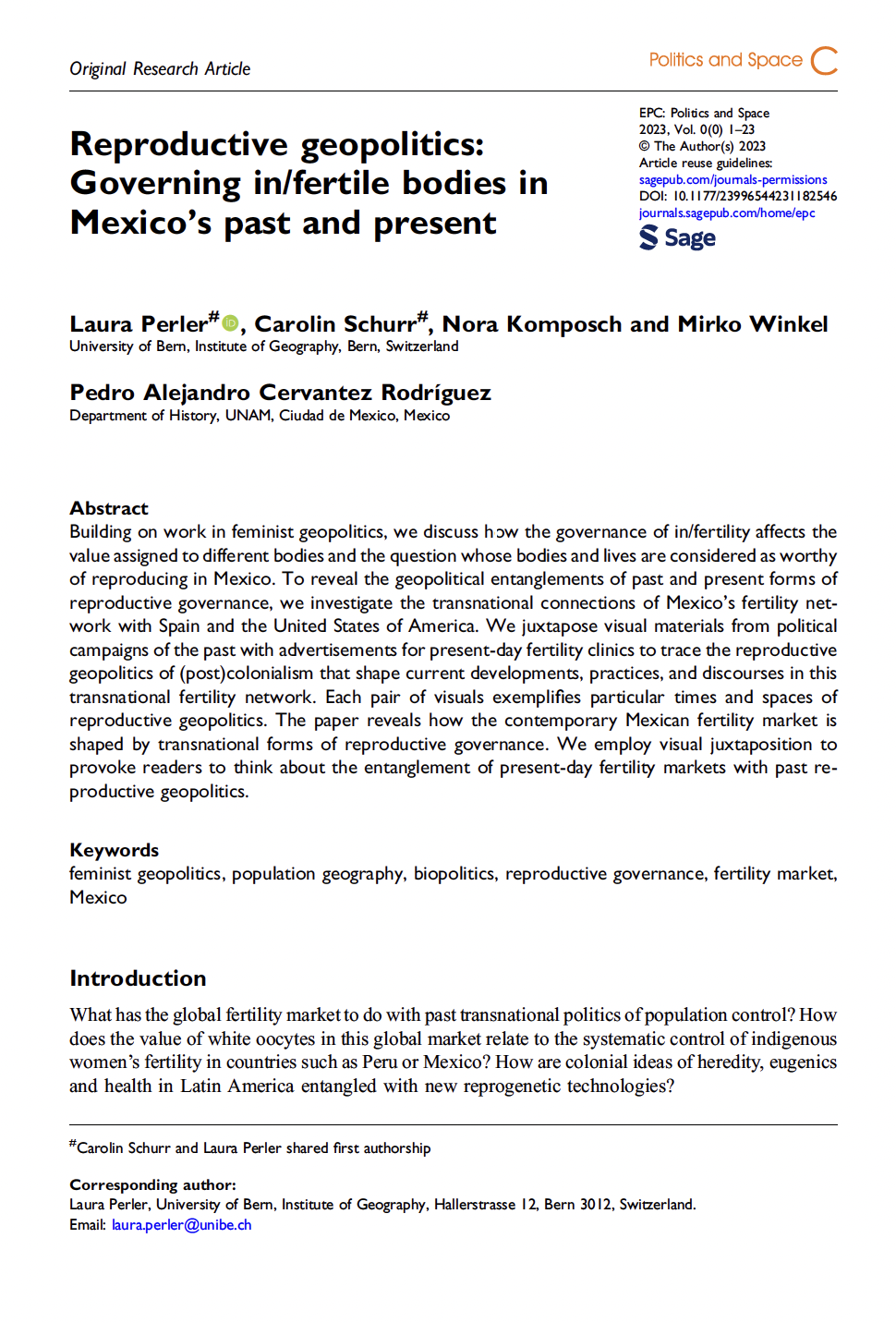
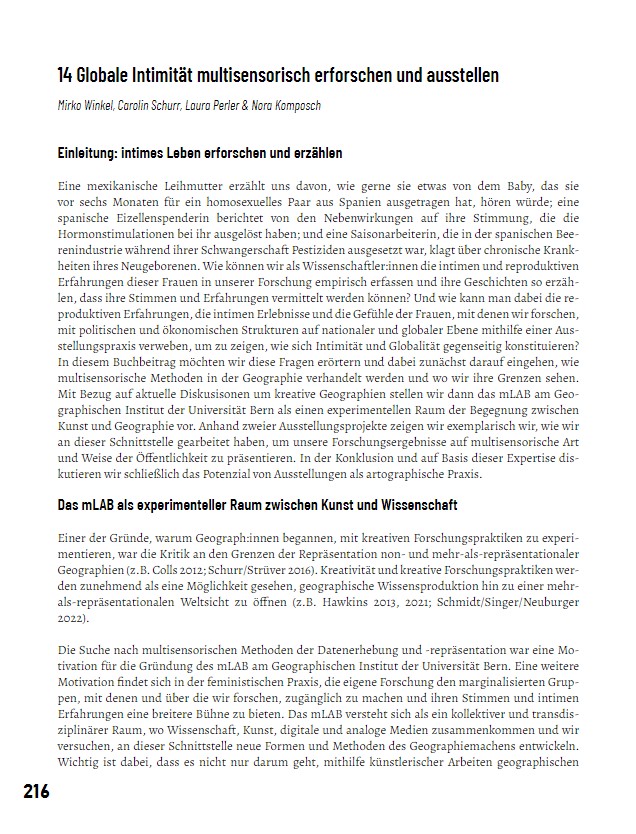
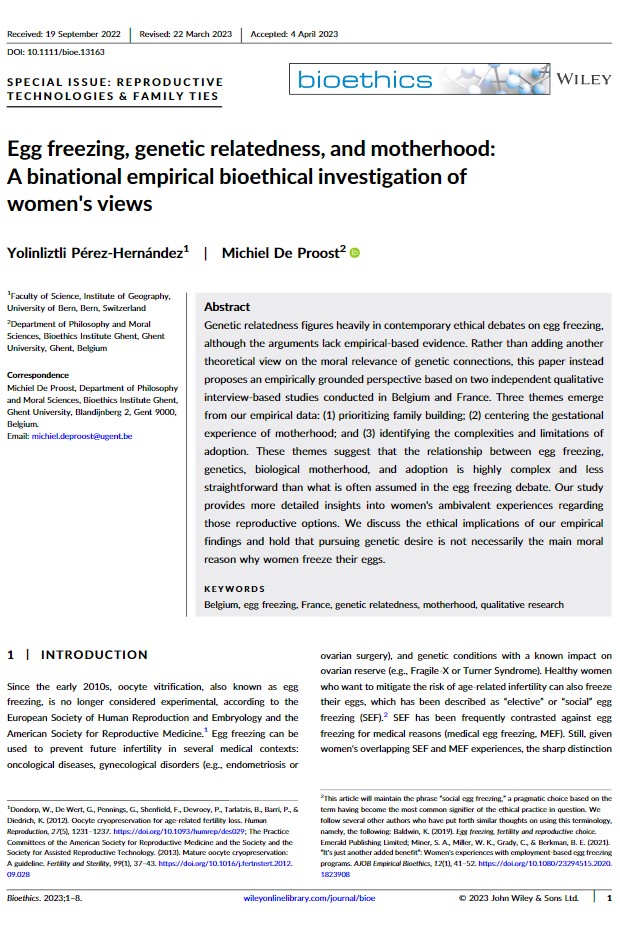

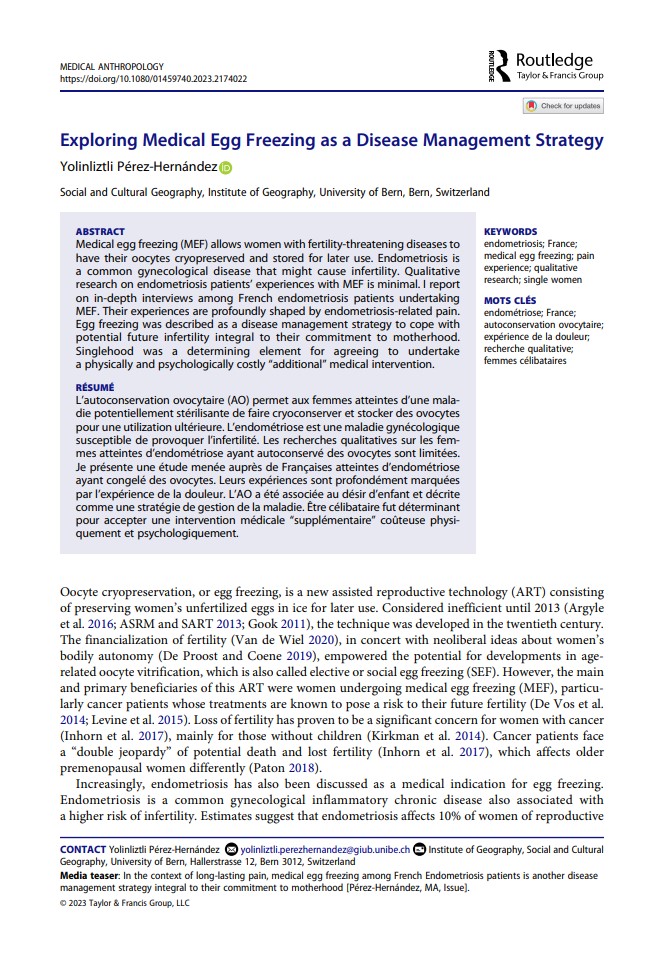
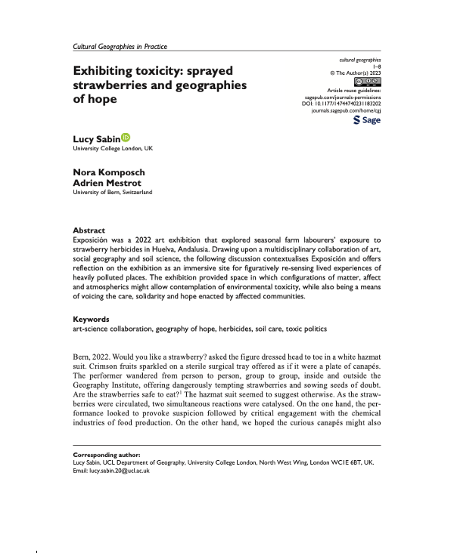
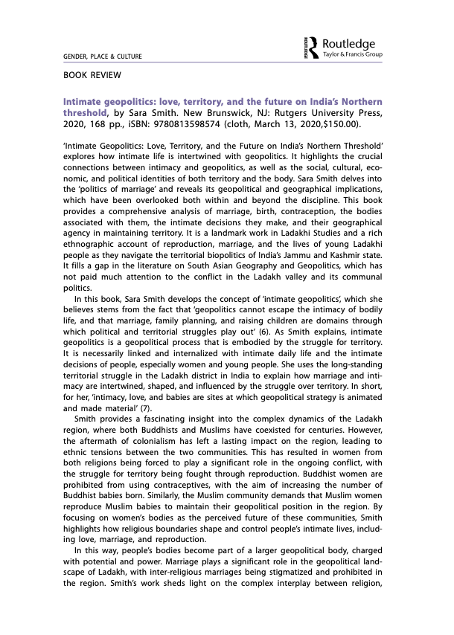
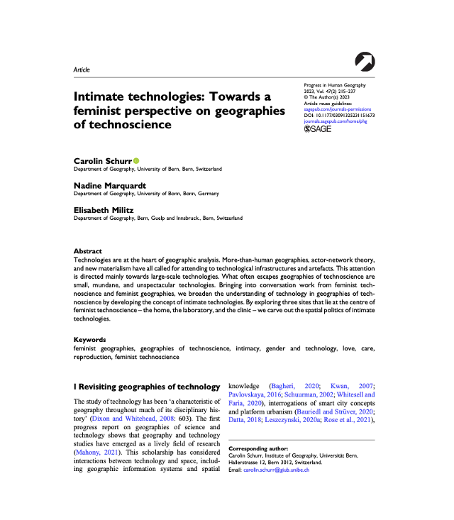
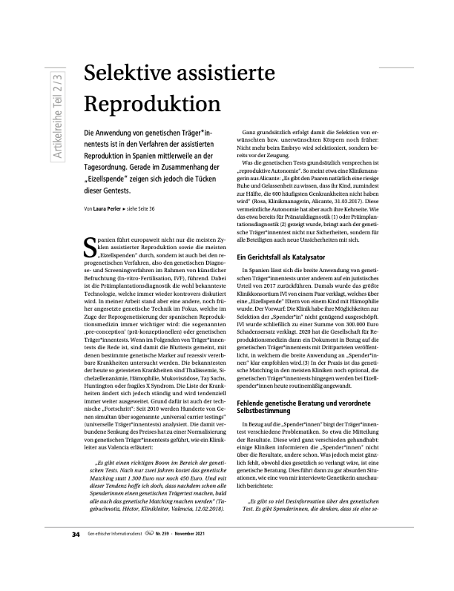
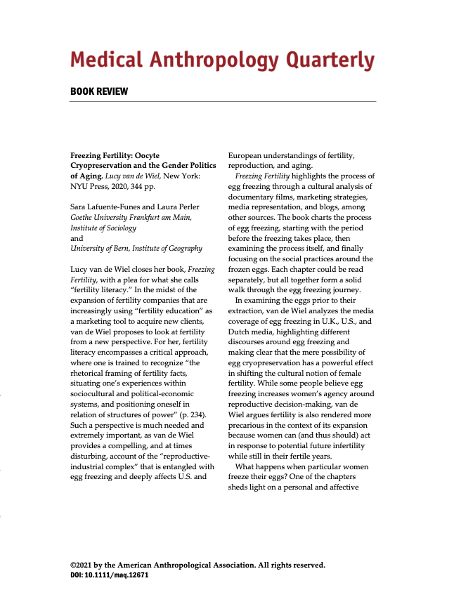
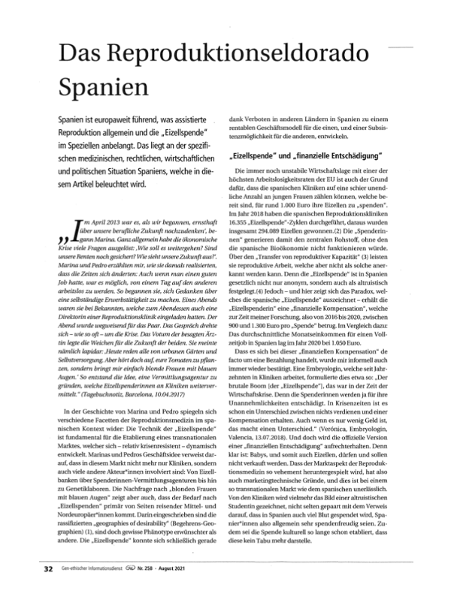

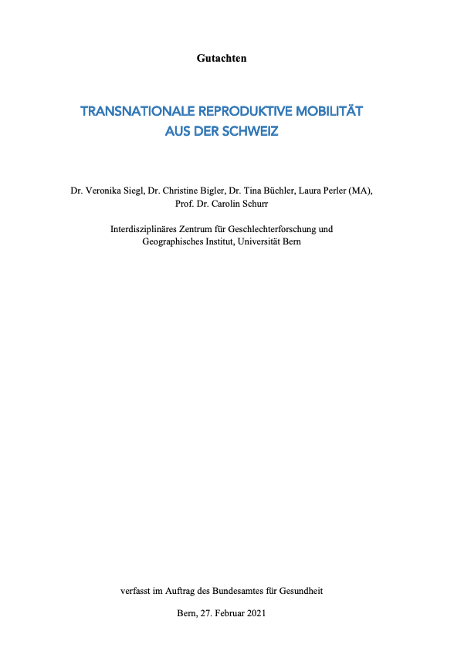
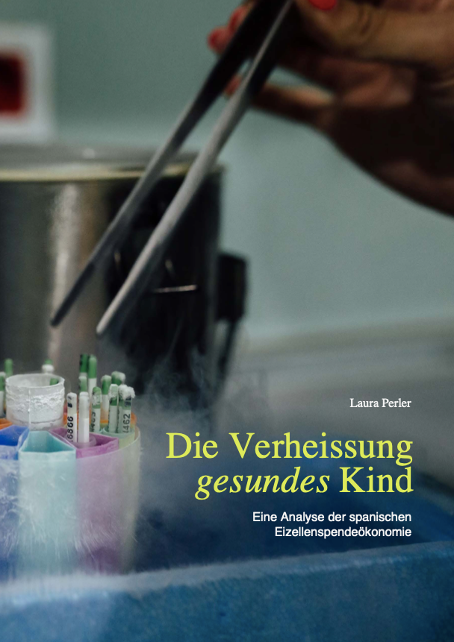
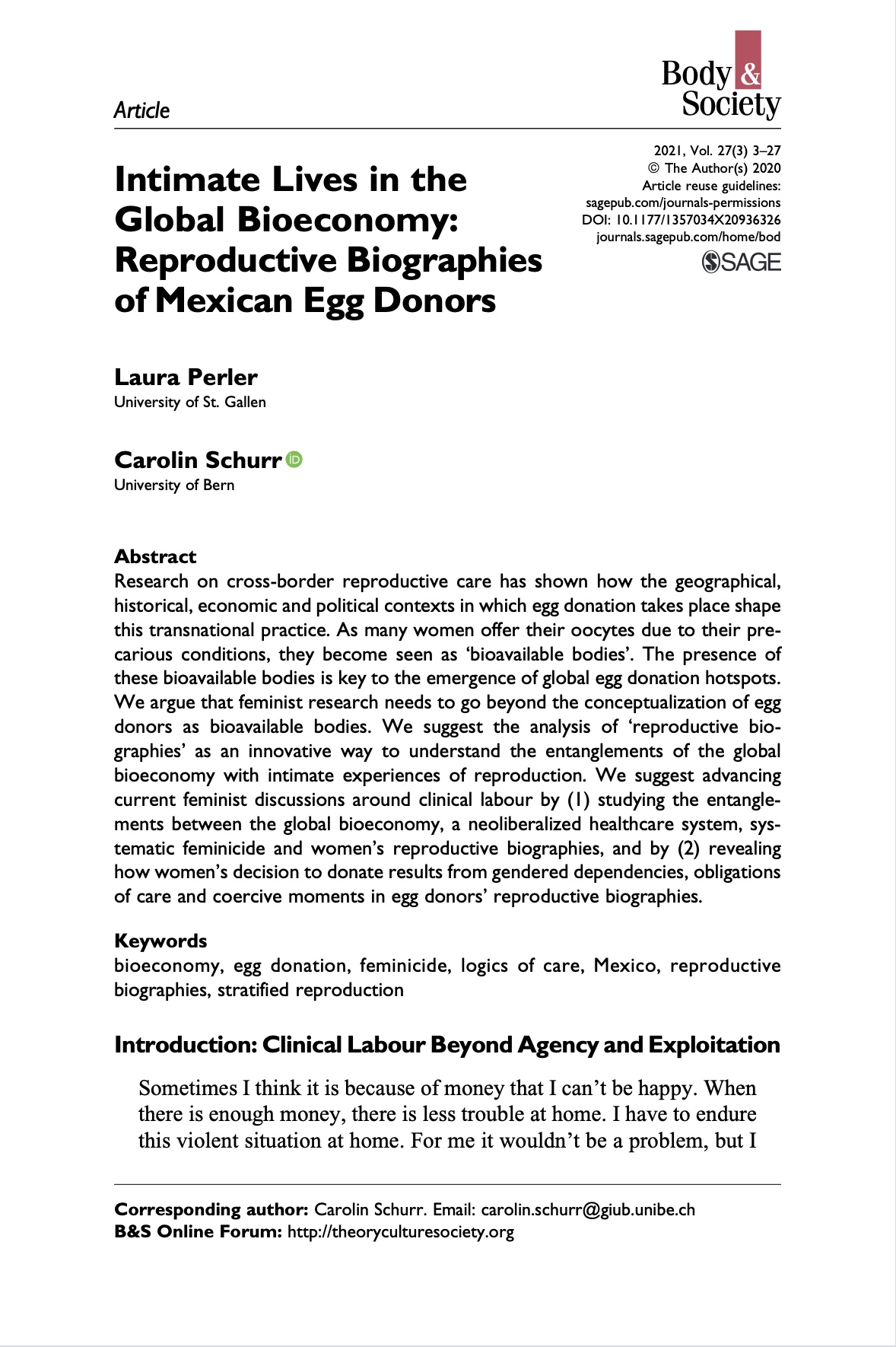
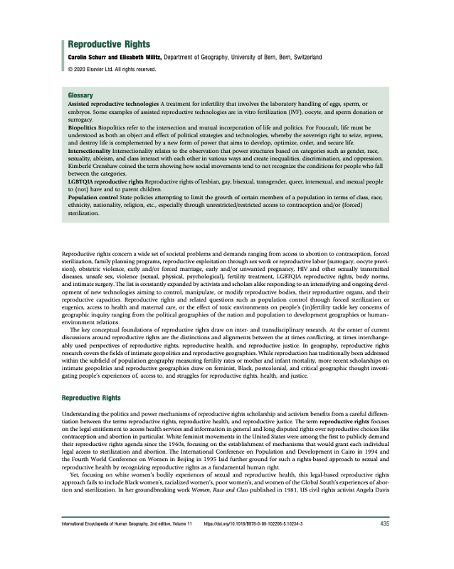
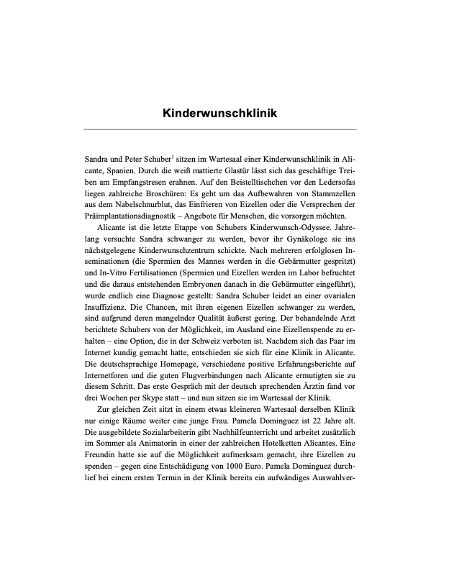
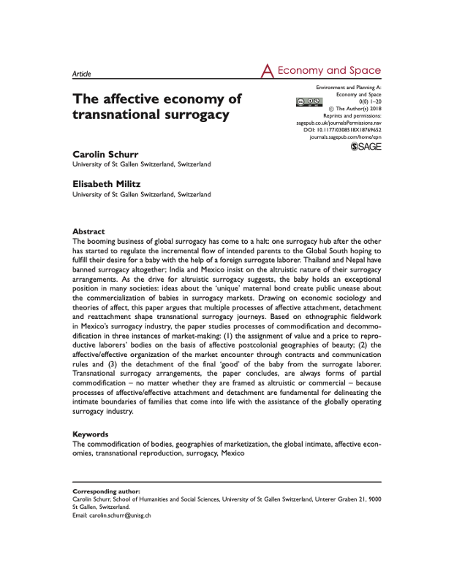
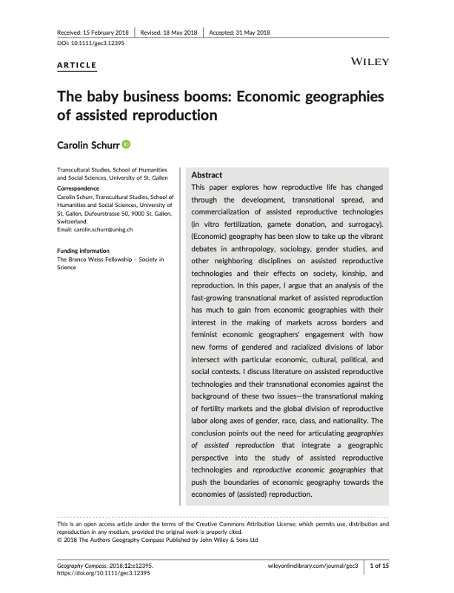
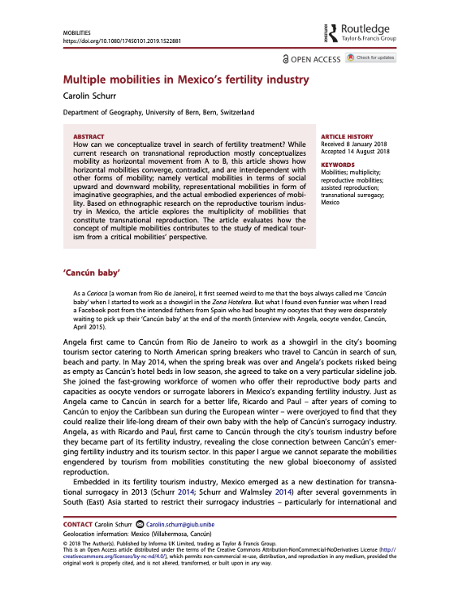
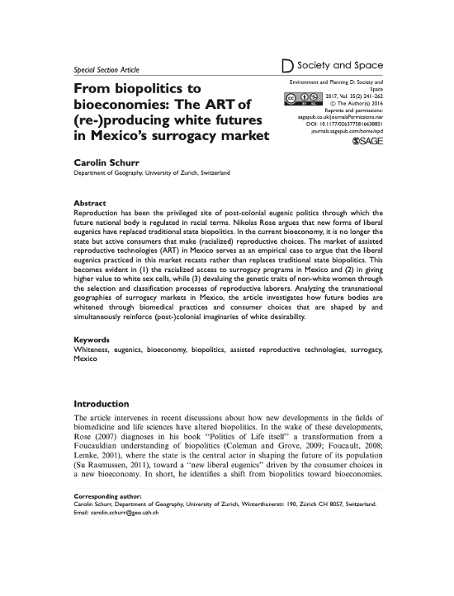


Spain’s berry industry relies on the agricultural labour of both local and seasonal migrant workers. A significant part of this migrant workforce comprises Moroccan mothers who leave their children with relatives in order to perform this wage labour. The bilateral recruitment regime favours the employment of Moroccan women with children for this labour to ensure that workers return home at the end of the harvesting season. Drawing on multi-site ethnographic research in Spain and Morocco, this study revealed the effects of this bilateral labour regime on the intimate lives of migrant workers. We argue that the geopolitical prescriptions of this labour migration regime, along with the working and living conditions of migrant workers in Huelva, result in experiences of intimate liminality. We examined these experiences by exploring: (1) how the role of female workers as mothers becomes liminal as transnational labour agreements marginalise and outsource care obligations, (2) how governmental neglect of migrant workers’ occupational health exposes them to reproductive health risks and (3) how this neglect places them in a liminal space in terms of access to healthcare, and (4) how, despite their liminality, migrant workers contest precarious conditions through everyday solidarity practices. We advance a feminist approach to liminality, emphasising the importance of an embodied, intersectional, and multiscalar perspective.
Full Text
, & (2024) Intimate liminality in Spain’s berry industry. Transactions of the Institute of British Geographers, 00, 1–14. Available from: https://doi.org/10.1111/tran.12673